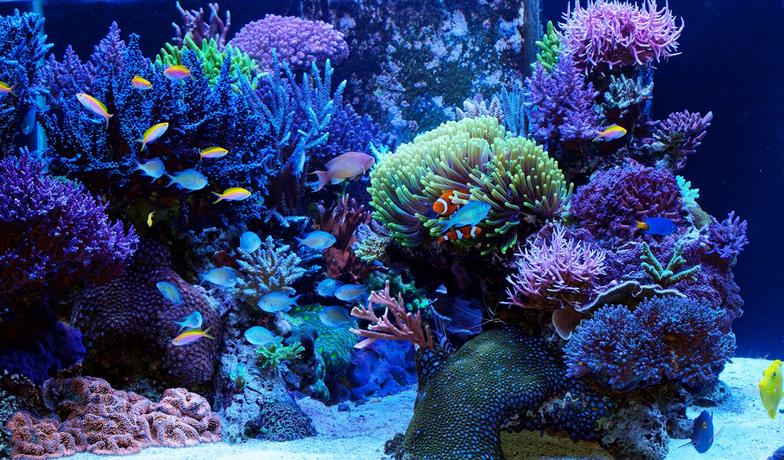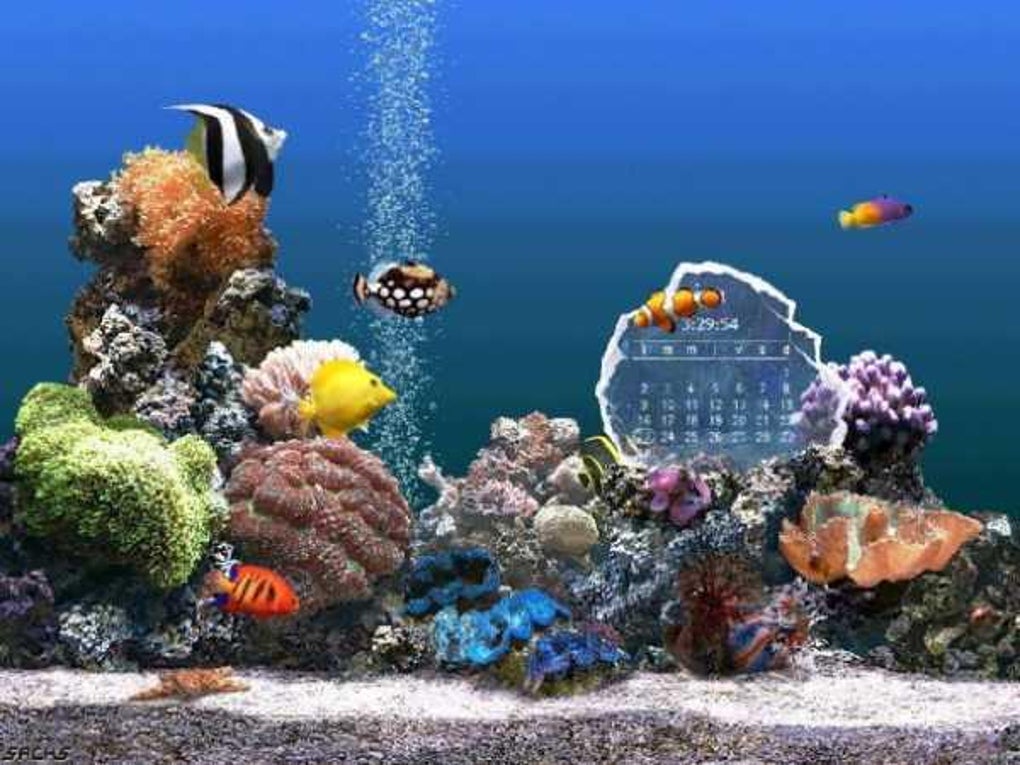

- Saltwater aquarium 4k screensaver full#
- Saltwater aquarium 4k screensaver for windows 10#
- Saltwater aquarium 4k screensaver windows 10#
- Saltwater aquarium 4k screensaver download#
Saltwater aquarium 4k screensaver download#
One of the best options if you don't want to have a real saltwater reef aquarium or download a large 4k fish swimming video from Youtube.
Saltwater aquarium 4k screensaver windows 10#
For all who wants to download one of the best free marine aquarium fish screensaver for relaxation or customize their Windows 10 desktop by using unique disign ideas of coral reef wallpaper 4k, colorful corals aquarium thems or 3D marine aquarium screensavers.
Saltwater aquarium 4k screensaver full#
Both swimming marine fish, coral reef aquarium background are in original 3D quality (4k or full HD 1920 x 1080 resolution). The cool saltwater tank backgrounds includes underwater ocean waves ripple, flow with light rays and animated small air bubbles rising up to surface of virtual saltwater aquarium.

Watch as the tropical butterfly fish swim calmly around colorful coral reef of 4k aquarium for relaxation.
Saltwater aquarium 4k screensaver for windows 10#
Remastered from the original tapes by renowned producer and engineer Seigen Ono.One of the best marine aquarium 3d screensaver for windows 10 includes different types of cool saltwater fish - Copperband butterflyfish (Chelmon rostratus), Yellow Longnose butterflyfish (Forceps fish), Pearlscale Butterflyfish (Chaetodon xanthurus), Blue-cheeked butterflyfish (Chaetodon semilarvatus). YMO's sound included various influences from it's three members but there is no denying Thousand Knives paved the way for the group's Computer Music sound. The album ends with two catchy up-tempo synthpop tunes in the form of "Plastic Bamboo" and "The End Of Asia", which both became staples of YMO's and Sakamoto's live shows. The track features a mid-tempo metronomic beat skillfully intertwined with a Japanese folk sounding melody. Side two opens with "Das Neue Japanische Elektronische Volkslied", acknowledging the influence of the German sound spearheaded by Kraftwerk. Side one ends with "Grasshoppers", a beautiful acoustic piano melody underlined by a subtle synthesizer soundscape. It is followed by "Island Of Woods", a ten-minute track buzzing with insect-like synth sounds. The first side conceived as a long suite opens with the title track and a recitation of the Mao Zedong poem "Jinggang Mountain" filtered through a vocoder, before morphing into a mid-tempo synthpop instrumental. Named after Belgian-born poet Henri Michaux's description of a mescaline experience, the album is a reflection on how synthesizer technology might come to change the face of music. Thousand Knives took several months to record as Sakamoto would be busy during the day with his session work and would only record at night. A penchant for avant-garde and improvisation had gotten Sakamoto interested in electronic music early on, and with Thousand Knives he decided to get Hideki Matsutake on board as he had mastered the art of synth programming following a stint with Electronic Music pioneer Isao Tomita. This led to an invitation by Hosono to feature on Paraiso. Sakamoto had become an in-demand session musician after studying composition at the Tokyo University of Art and had played on many key albums of the time, such as Taeko Ohnuki's Sunshower (1977) and Tatsuro Yamashita Spacy (1977). Hosono quickly invited both musicians to form YMO but before the group could release their first album, Sakamoto entered the Nippon Columbia studios in April 1978 with a plan. The album, recorded between December '77 and January '78, featured both Ryuichi Sakamoto and Yukihiro Takahashi. Haruomi Hosono, one of the country's most innovative musicians had just formed Yellow Magic Orchestra pursuing the sonic experimentation he had started with his solo album Paraiso.


Save for a small-scale release in 1982, this is the first time the album is being released on vinyl outside of Japan. Wewantsounds present a reissue of Ryuichi Sakamoto's first solo album Thousand Knives Of, originally released in 1978 on the sought-after Better Days label.


 0 kommentar(er)
0 kommentar(er)
